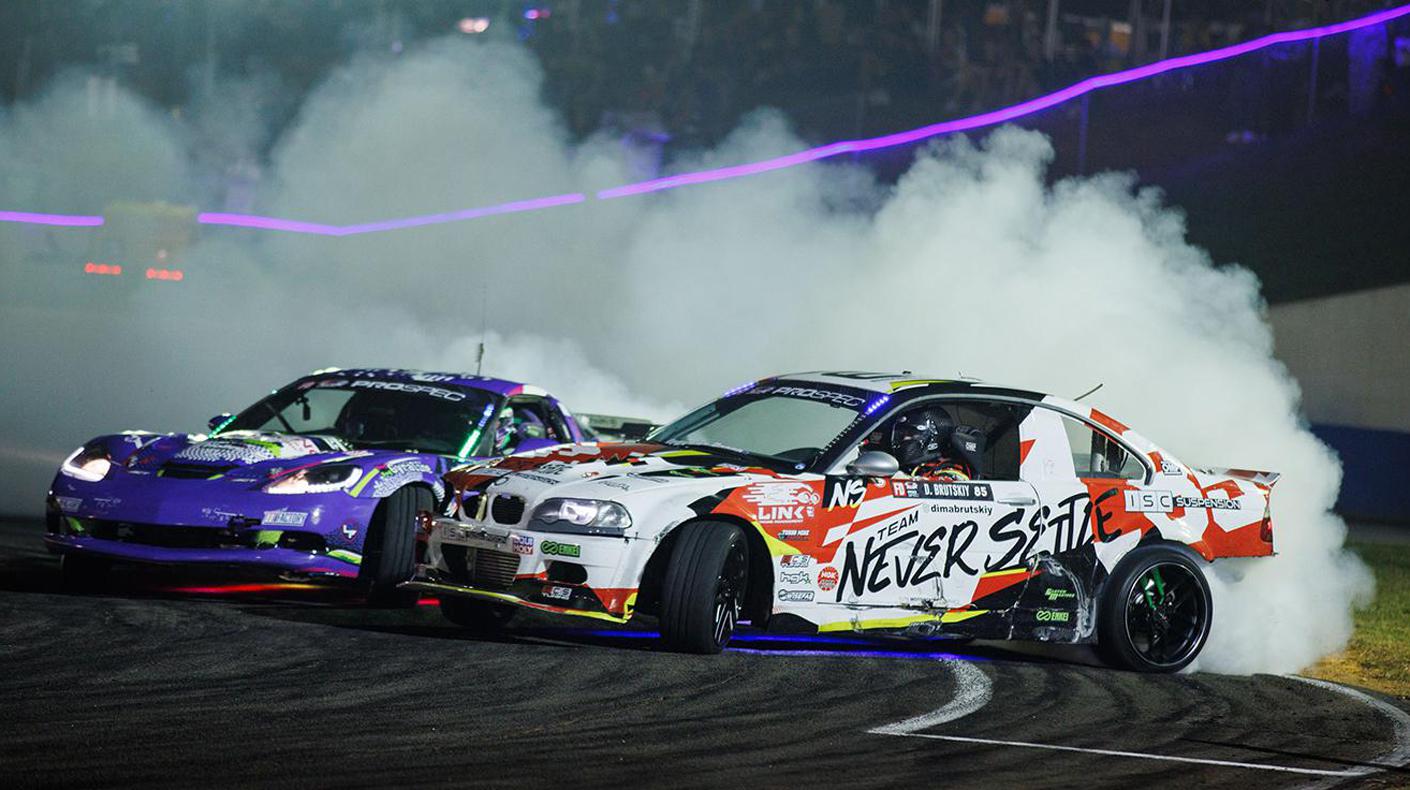With the close of the 2007 legislative session in New York, following is a status update of important legislation:
Street Rods/Customs: SEMA-model legislation to create a vehicle titling and registration classification for street rods and custom vehicles was introduced in both the New York Assembly and Senate. Neither bill received a committee hearing before the legislature adjourned for the year.
The bills defined a street rod as an altered vehicle manufactured before 1949 and a custom as an altered vehicle at least 25 years old and manufactured after 1948. Under the bill, kit cars and replica vehicles were to be assigned a certificate of title bearing the same model-year designation as the production vehicle they most closely resemble. These bills will be reintroduced next year.
Grille Guards: SEMA again defeated legislation to prohibit the use of grille guards attached to a motor vehicle's chassis in New York. The measure relied on unsubstantiated claims that grille guards create the potential of greater harm to other vehicles in the event of a collision and obstruct airbag sensors, rendering the airbags useless in an accident. The bill sought to require owners of vehicles currently equipped with grille guards (including those purchased with this equipment from a dealership) to remove these guards.
Historic Fees: SEMA-supported legislation to provide that historical-vehicle owners only pay a one-time registration fee of $23 upon initial registration was not approved in New York before the legislature adjourned for the year. The reduced registration fee would have been available to owners of historical vehicles operated as an exhibition piece or collector's item and used for club activities, exhibits, tours, parades, occasional transportation and similar uses.
Under current New York law, a historical motor vehicle is either a vehicle manufactured more than 25 years ago or one which has unique characteristics and which is determined to be of historical, classic or exhibition value. The $23 one-time fee would have replaced the current annual fee of $23.
Spinners: SEMA again defeated legislation to prohibit the operation of motor vehicles equipped with spinner hubcaps in New York. The bill would have subjected vehicle owners to fines of up to $750 for a third or subsequent violation. The measure also ignored the fact that custom wheels are not prohibited by federal law; manufacturers are required to notify the federal government of a safety problem or defect related to motor-vehicle equipment within five days of becoming aware of such issue; and spinner hubcaps have no proven detrimental effect on motor- vehicle safety.
Tires: SEMA defeated two pieces of New York legislation dealing with tires. The first would have required all motor-vehicle tires, except those intended for vehicles over 10,000 pounds, to carry a date of manufacture molded on both sides remains pending.
SEMA opposed the bill because the date of a tire's manufacture is already on the sidewall as part of the Tire Identification Number, and because no scientific data exists on when tires are "too old" for use. In addition, manufacturers recently retooled their molds due to the new-tire labeling regulations issued by the National Highway Traffic Safety Administration (NHTSA) in 2002. SEMA also believes this legislation may deflect consumer attention from critical concerns, such as proper inflation levels, tread depth and overloading.
SEMA also defeated legislation that sought to require the development of a statewide program to mandate that replacement tires for passenger cars and light trucks be as energy efficient as tires sold as original equipment. While the bill contained a SEMA-drafted exemption for some hobbyist tires, including limited-production and off-road tires, SEMA recommended that the bill be rejected since the replacement-tire efficiency program conflicts with federal law by regulating fuel economy, imposes substantial redesign costs on tire manufacturers, competes with federal consumer information requirements and essentially sets a 50-state standard.
SEMA is also concerned that the bill would dissuade consumers from buying tires that may have improved performance, handling or appearance features, based solely on a rolling-resistance rating.
For further details, contact Steve McDonald at stevem@sema.org.





